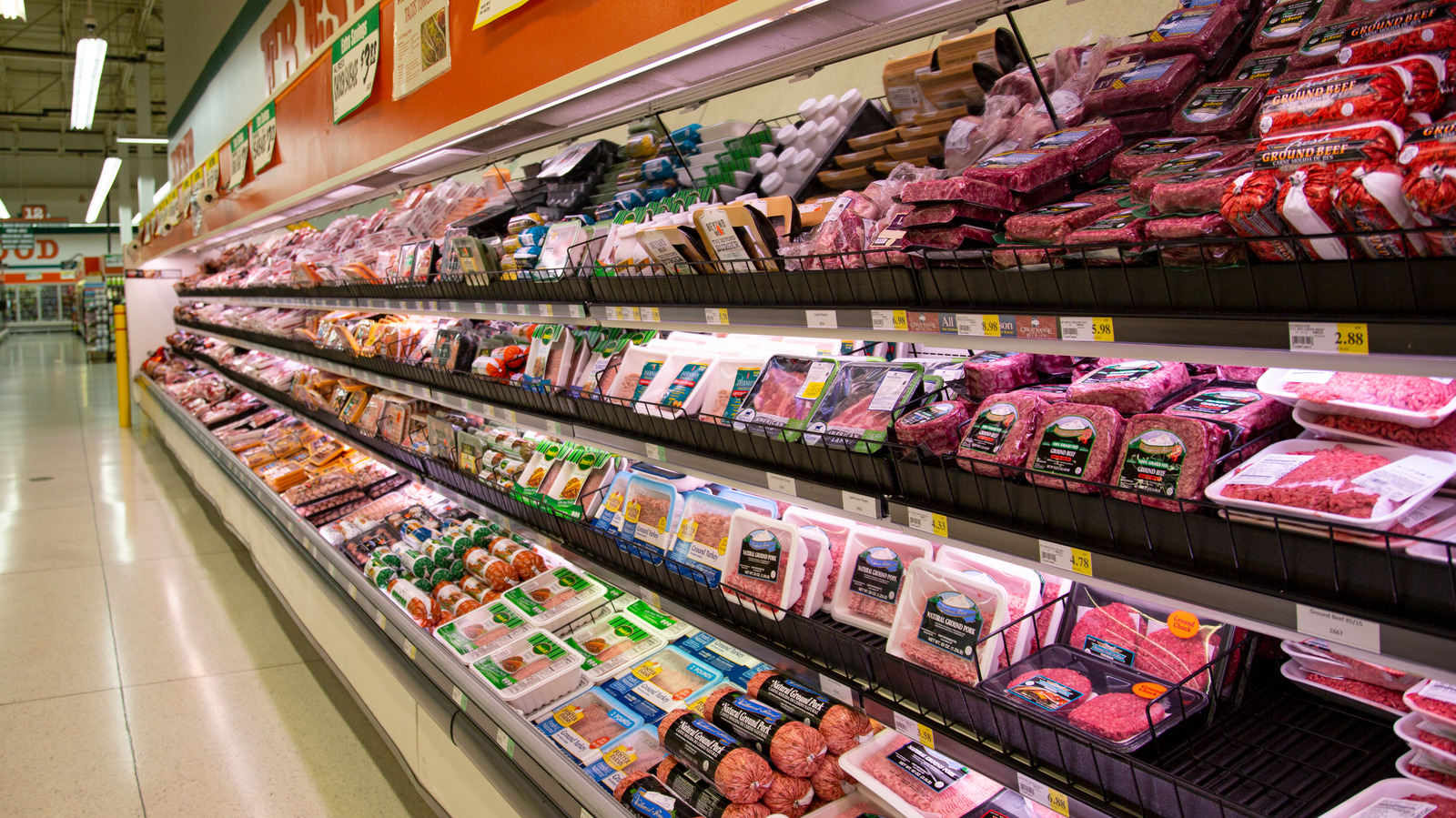Meat is often the target of climate advocates’ efforts to reduce emissions because it’s a much less efficient source of nutrition compared to a plant-rich diet. By Scientific newsmeat production is less efficient because it uses much more land, and instead of directly consuming energy and nutrition from grain or plant matter, much of those calories are used by the animal first.
Amos Tai, an environmental scientist from the Chinese University of Hong Kong, explained to the outlet, “If we eat 100 calories of grains, like corn or soybeans, we get those 100 calories. All the energy from the food is delivered directly to the person who But if the 100 calories of grain are instead given to a cow or a pig, when the animal is killed and turned into food, only one tenth of the energy of those 100 calories of grain goes to the person who eats the animal.”
Johns Hopkins Center for a Livable Future program manager Brent Kim recommends US residents switch to a “plant-based” diet. Studies by Kim and other researchers have shown that the average American diet produces about 2,000 kilograms of greenhouse gas emissions per year (via Global environmental change). This figure can be reduced to around 1,600 kilograms by going meatless one day a week, and can be reduced to 740 kilograms per year by going on a predominantly vegan diet.

